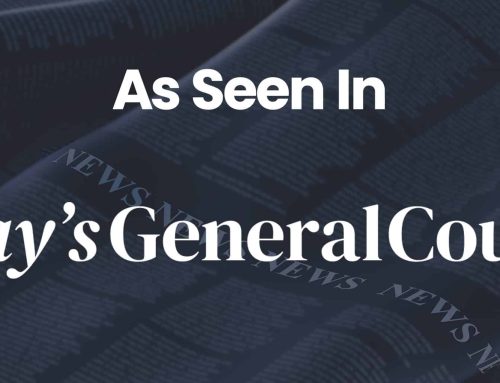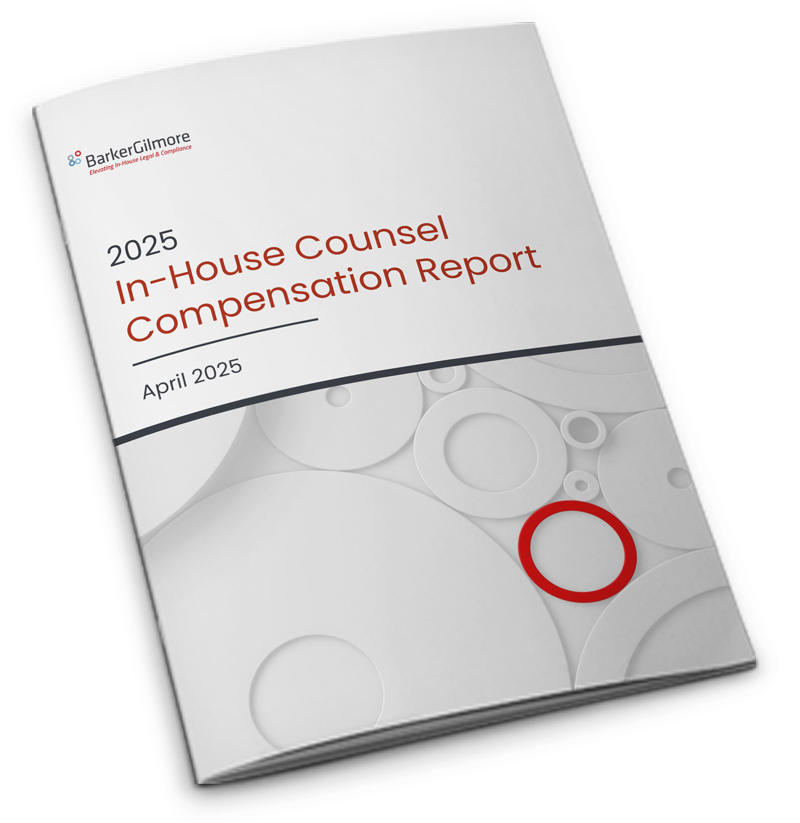The most talented person for your position typically falls into one of two categories: perfectly happy and well treated by his or her current employer, or actively looking for good reason and with several other options to consider. It frustrates me to see companies with exceptional opportunities scare off perfectly matched talent due to poor interviewing techniques, yet, it happens every day. The actions taken from the start of the search process to closing will dictate whether you close the top candidate or send them to a competitor.
First Impressions
While the best lawyers typically have their egos in check, it’s still important to treat each with respect. It sounds basic, but having a warm, timely welcome for the candidate’s arrival sets the stage for the day.
Interview Strategy
An ideal interview is one during which there is good dialog between the interviewer and the candidate, and a reasonable balance between talking and listening for both parties. An interviewer who spends the majority of the time selling the candidate on the opportunity fails to learn about the candidate and really engage the candidate in the opportunity. On the other hand, if the candidate does most of the talking, it is an indicator of low EQ, bad listening skills, and suggests that this person is likely not a great business lawyer.
Every interviewer needs to be well aware of the position requirements and responsibilities, and each needs to have specific questions prepared for the meeting; winging it can’t be an option. Outstanding candidates like to be challenged by their work, and challenging interviews, the result of great preparation, actually attract top talent to work for your company. Constructing a challenging interview is also a great way to demonstrate respect for a candidate.
Be Thorough
Getting to know the candidate and his or her ability to make both a short-term and long-term impact on your company will be difficult without a well-planned interview.
- Avoid yes/no questions like “Did you…” or “Have you…” Instead, start with a list of the important qualifications and develop corresponding behavioral or situational questions like “Tell me about a time when…” or “Give me an example of…”
- Get to know the role the candidate plays in his or her current organization, to whom the candidate reports, responsibilities, and performance expectations. How has the candidate been measured compared to expectations? If a personal performance bonus is set for 50% of salary, how was the candidate rewarded in the most recent years? If the candidate didn’t consistently maximize his or her bonus, what was the reason? Watch for the ability to take responsibility for the results.
- Learn about major accomplishments and ask probing questions to understand the actual role that the candidate played in the accomplishment. Ask probing questions to learn about the challenges the candidate was confronted with, strategies to solve problems, learning experiences and how these experiences impacted outlook, perspective, and attitude. Consider your definition of a business-minded lawyer and how do you see the candidate fitting into that mold. Project the candidate, based on what you learn, into the most challenging situations he or she will face.
- Role play with a few situations that the candidate may encounter in the new position. Pay attention to skill at learning more about the situation before formulating a response. How thoughtful is the response? Is it consistent with the values and culture of the business? For example, an overly theoretic response might frustrate a pragmatic business client searching for a solution they can activate.
- Evaluate the cultural fit by asking about the candidate’s values:
• If you were to start a company of your own, what would its top three values be?
• Tell me about an ethical dilemma you’ve faced and how you dealt with it
• If you could change one thing about your current company’s culture, what would it be?
• What are your work habits and what hours do you keep?
Be open and honest about your company’s culture. Making sure the candidate understands what he or she is getting into is also important for a long-term fit.
- Many times I learn from employers that they went through the entire interview process with a candidate, only to find out the two were miles apart regarding compensation. While many candidates do not like to talk about money, it is important to determine if the candidate’s expectations are in line with the budget for the position. In my case, this is always done in advance.
Closing The Interview
Set the candidate’s expectations for next steps and timing. Remember that the best candidates like to be challenged; make him or her work for an offer. I highly recommend that you never tell a candidate that you are ready to make an offer based on an interview. If the interview went well, close on a positive note and ask for references.
After nearly 30 years of recruiting, it’s a challenge to try to condense interviewing tips into a single post, so this one admittedly just scratches the surface. For more in-depth guidance on how the most productive interviews are conducted, please feel free to reach out to me directly.
Connect with a legal recruiting advisor
* indicates required fields



